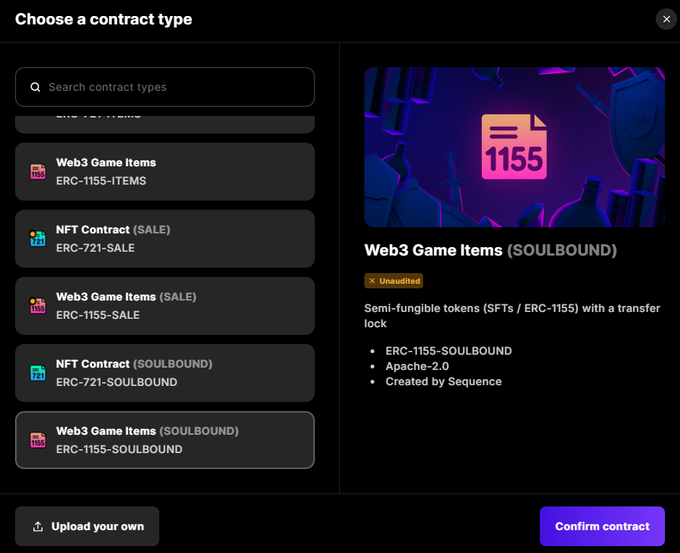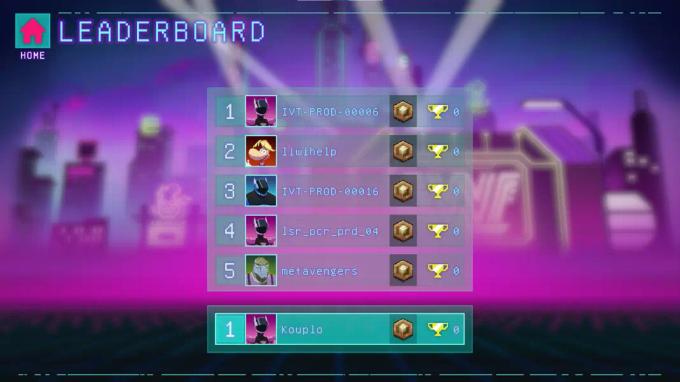What are soulbound tokens in web3 gaming?
February 12 2025
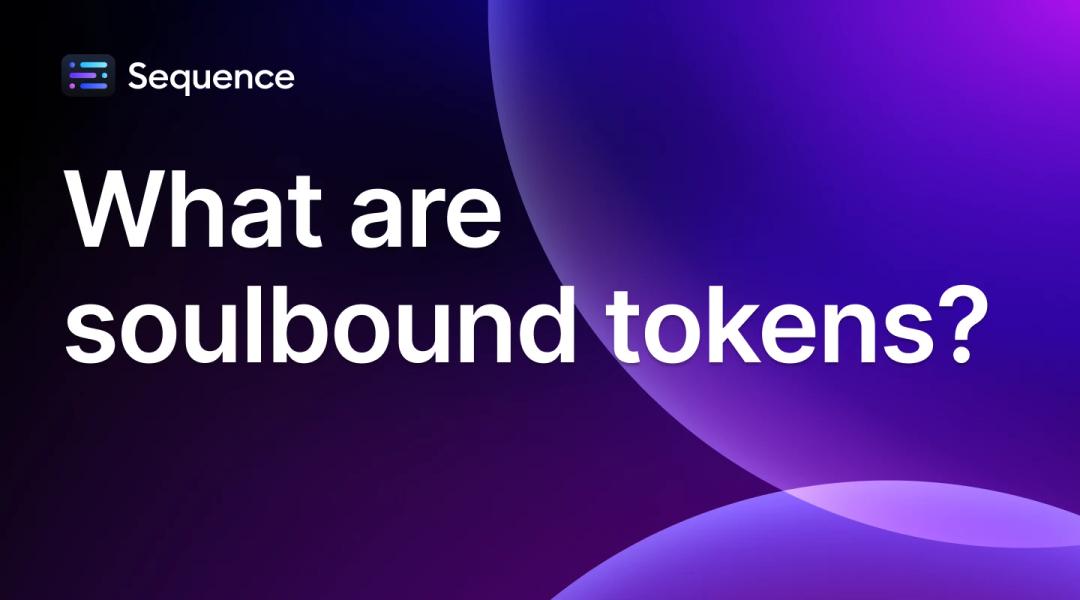
Soulbound tokens (SBTs) are an emerging concept in the blockchain space, particularly in web3 gaming, where they offer a new way to represent digital assets.
Unlike traditional NFTs (Non-Fungible Tokens) that can be freely traded or transferred between users, SBTs are non-transferable. Once they are assigned to a web3 wallet, they stay there permanently.
This unique property unlocks exciting new use cases for the gaming industry, where rewards and achievements can become part of a player’s permanent digital record. This allows web3 developers to create richer, more personalized game experiences for their players.
In this blog post, we’ll dive into what soulbound tokens are, how they differ from traditional NFTs, and how they can be used in the gaming world. From achievement badges to event participation, SBTs can represent everything from identity verification to in-game accomplishments.
We'll also explore how these tokens can be integrated into cross-game web3 ecosystems thanks to Sequence web3 development platform.
Key takeaways:
- Soulbound tokens are non-transferable tokens that are permanently bound to a player’s wallet.
- They differ from traditional NFTs, which are often traded and transferred between users.
- SBTs are ideal for representing in-game achievements, identity verification, event participation, and non-tradable currencies.
- Hybrid models can allow SBTs to be redeemed for in-game rewards without enabling transferability.
- SBTs stored in player wallets can create opportunities for cross-game rewards and recognition.
What are soulbound tokens and why are they important?
Like NFTs, SBTs are unique and verifiable digital tokens on a blockchain network. However, the defining characteristic of soulbound tokens is that they are non-transferable. Once an SBT is minted and assigned to a digital wallet, it becomes permanently "bound" to that wallet, meaning it cannot be traded, sold, or transferred to another user.
This immutability introduces an entirely new use case for tokens in the gaming space. While traditional NFTs are often used to represent assets like in-game items, skins, or characters that can be traded between players, SBTs are better suited for items that players can earn but not transfer. These could include achievements or in-game milestones.
Another important feature is interoperability: since SBTs are stored in wallets like any other token, they are publicly viewable and verifiable across different gaming and blockchain platforms. This opens up interesting possibilities where other games or services can recognize the SBTs held by players and offer them special in-game rewards or privileges.
Additionally, there’s the potential for hybrid models of soulbound tokens. In some cases, while a soulbound token may not be tradable, it could still be redeemable for certain in-game benefits.
Use cases for soulbound tokens in blockchain gaming
Soulbound tokens open up a wide range of exciting possibilities for game developers. Below are some key use cases for SBTs in gaming:
1. Achievement badges
In gaming, achievement badges are often awarded to players who complete specific tasks, challenges, or milestones. With soulbound tokens, these badges can become permanent, verifiable proof of the player’s success. For example, completing a difficult quest or reaching a new level could be rewarded with an SBT that cannot be transferred or sold, making it a true reflection of the player's accomplishment. These non-tradable badges help build a player’s reputation and standing within a game or across an entire gaming ecosystem.
2. Identity verification
Soulbound tokens can also be used as a form of identity verification. In online gaming, proving that a player is a real person is increasingly important, especially for multiplayer environments or games that involve financial transactions. By issuing an SBT that confirms the player has passed a Know Your Customer (KYC) process, developers can ensure that bots or fraudulent accounts are minimized. This also opens up opportunities for personalized user experiences since players’ identities are securely verified via their wallets without needing to repeatedly provide private information.
3. Event attendance
Another exciting use case for SBTs is representing proof of attendance at special in-game events or tournaments. Whether it's attending a live-streamed event, participating in an esports competition, or being present at a virtual conference, players could receive an SBT as proof of their participation. These tokens, bound to their wallets, would remain a lasting reminder of that event, which could even unlock future perks or exclusive content in other games.
4. Game-specific currency
Soulbound tokens can represent game-specific currency that is restricted to in-game usage. While players could earn or redeem these tokens for in-game purchases like loot boxes or cosmetic items, they wouldn’t be able to trade the currency outside the game. This can help developers control the in-game economy while still providing incentives and rewards for player engagement.
5. Cross-game rewards
Interoperability is one of the unique strengths of blockchain-based tokens, and soulbound tokens can play a big role in fostering cross-game engagement. Since SBTs are stored in a public wallet, other games can recognize the tokens players have earned in different titles.
For instance, a player who has a soulbound token proving they attended a major esports tournament in one game might receive special rewards or skins when playing another game. This cross-game recognition helps build deeper relationships with players and can increase engagement across multiple titles.
The future of soulbound tokens in web3 gaming
We may see more hybrid models of soulbound tokens emerge. These tokens may offer unique combinations of non-tradability and redeemability, providing players with more flexible uses in their in-game interactions. For example, SBTs could become a way to redeem rewards while still maintaining their non-transferable characteristics, offering more engaging possibilities for game developers.
Additionally, the concept of interoperability could continue to grow as SBTs become recognized across multiple games and platforms. In the future, these tokens may serve as universal markers of identity and achievement, allowing players to build and showcase their gaming legacy across various titles. This evolution could further enhance the depth and personalization of player experiences in web3 gaming.
How to get started with soulbound tokens with Sequence web3 stack
Ready to bring soulbound tokens into your game? With Sequence web3 gaming stack, you can easily design and issue both soulbound and non-soulbound tokens, allowing you to create personalized achievements, game-specific currencies, and cross-game rewards.
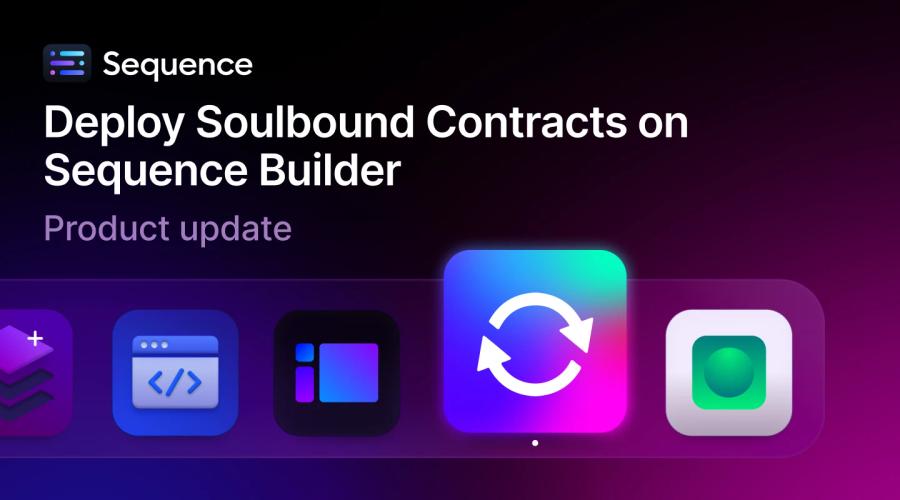
We’re excited to introduce Soulbound Contracts and Tokens support in Sequence Builder, an addition that empowers developers to create non-transferable, non-sellable on-chain items.
Sequence simplifies the process of managing in-game assets and achievements, giving you full control without needing to write any code.
Start building your web3 game today with Sequence web3 game development platform at www.sequence.xyz
Sequence makes building onchain simple. Developers and teams can launch, grow, and monetize apps with unified wallets, 1-click cross-chain transactions, and real-time data, all in a modular and secure stack. No more stitching together fragmented tools or battling poor user flows. Sequence is production-ready infrastructure that helps teams ship faster, onboard more users, and scale confidently. From chains and stablecoins to DeFi and gaming, Sequence powers developers and applications across the EVM ecosystem with billions in transaction volume and millions of users. Trusted by leaders in blockchain, Sequence powers today’s onchain apps and delivers future-proof infrastructure for tomorrow’s breakthroughs. Learn more at sequence.xyz.
Written by

Sequence team
Sequence logoRelated Posts

Today marks a major milestone: Polygon Labs is acquiring Sequence.

A short guide that explains exactly what gasless transactions are, and why they matter for your web3 experience.
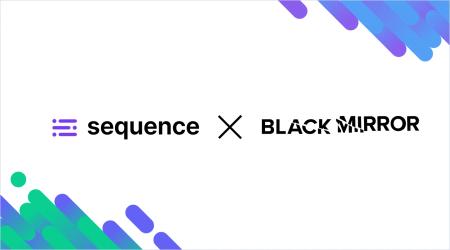
In partnership with KOR Protocol, Sequence and Msquared, Black Mirror's franchise has launched the $MIRROR token and a new web3 experience!
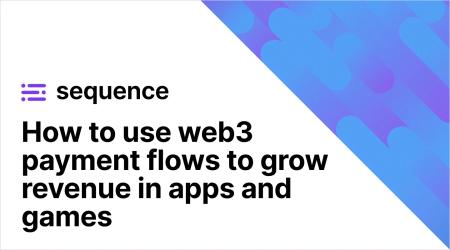
Web3 payment flows allow any app to embed onchain purchases and interactions in a way that feels natural for users. Learn more about them!
